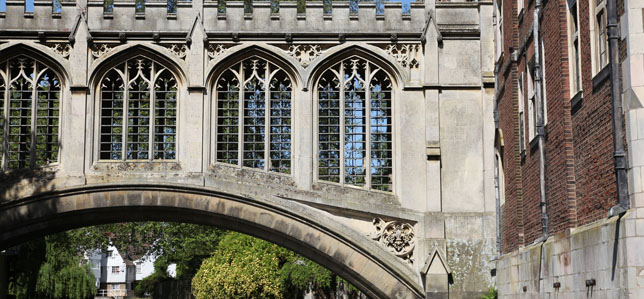
The Birth of UIL in Alternative Education
A contemporary foundation for the University for Integrative Learning was laid in 1964, when the elementary and secondary departments in Harvard’s School of Education and the Union for Research and Experimentation in Higher Education began to develop innovative and alternative programs. As these programs expanded along diverse paths, the umbrella organization for UIL–the Association for the Integration of the Whole Person–joined forces with the movement for alternative education when AIWP was founded in 1975.
PHILOSOPHY
The philosophy of UIL incorporates concepts and principles that revive renaissance learning. To advance professionally in today’s world requires specialization in particular fields and UIL guides learners to resources that provide the core of the major they wish to achieve. Learners who enroll design their own major, using UIL to advise and facilitate their goal. UIL also encourages learners to document studies in interdisciplinary fields that have enriched their lives and made them renaissance persons. UIL believes that a well-rounded person (one who is knowledgeable in liberal arts and other specialized fields) brings to any profession a richness that enhances their performance. Including a résumé of learning, (relevant life studies they document in other disciplines on their transcript), verifies the richness the graduate brings to any chosen work.
A person admitted to the UIL program is called a learner rather than a student. The distinction is important; our objective is to support a person in being active rather than passive in the pursuit of learning. Most matriculants enter as students; that is, they expect to receive instruction from university faculty rather than designing their own studies. During the process of a successful program, a learner gains confidence in self-determining both the kind of learning he desires and the methods for acquiring it. This latter aspect — learners defining for themselves the ways in which they learn most effectively — is an important expression of UIL’s educational philosophy. Interdependent study, directed reading, internships, on-the-job education, classroom instruction taught elsewhere, tutorials, and other learning modalities are all considered valid methods for gaining knowledge and skill. Learners come to understand and appreciate that learning is a lifelong affair and that relevant learning is integrative.
“…The valuable intellectual development is self development”
– Alfred North Whitehead
The chief expression of the self-initiative that UIL fosters in all learners is the degree planning process. This is a process in which the learner and the provost review learner goals, identify community resources, learning style and personal commitments, and design a program that will lead to a degree. The “nuts and bolts” of the degree planning are outlined in this Handbook, which is issued to all enrolled learners. It is important to emphasize that the “Relevant Life Learning Proposed Courses” (degree plan) is a working document, dynamic not static, and is designed to serve the needs of the learner. The degree plan becomes the learner’s individually designed “university catalog,” and since it has been created by the learner, it may be changed as experience dictates.
One tenet of the philosophy of UIL is that learning is a lifelong process. The renaissance of recognizing learning as a lifelong activity is growing throughout the world.
“Education must pass beyond the passive reception of the ideas of others. Powers of initiative must be strengthened. “
(The Aims of Education by Alfred North Whitehead)
According to research scientist K. Patricia Gross, it is becoming more and more apparent that adults are decreasing the separation between education, work and leisure activities. Adults
employ different types of learning methods, illustrating that learning is an active process of inquiry, and not merely a passive accumulation of information.
UIL recognizes relevant learning that began prior to enrollment as valid, even if that learning has not been verified by a transcript from another university. If it is relevant learning, it is integrated with your wisdom today even though major components were learned yesterday. In other words, UIL knows that important learning occurs in a variety of ways, within and outside the classroom, and that all learning can be recognized as part
of an overall degree program. Care is given to describe the experiences where learning has taken place, and to relate them to the total program represented by the learner’s degree plan.
“Education is the acquisition of the art of the utilization of knowledge.”
Alfred North Whitehead
“…and if education is always to be conceived along the same antiquated lines of a mere transmission of knowledge, there is little to be hoped from it in the bettering of a person’s future… and so we discovered that education is not something which the teacher does, but that it is a natural process which develops spontaneously in the human being.”
– Maria Montessori (1870-1952).
